Lake Tanganyika: A Jewel in the Heart of Africa
Related Articles: Lake Tanganyika: A Jewel in the Heart of Africa
Introduction
With great pleasure, we will explore the intriguing topic related to Lake Tanganyika: A Jewel in the Heart of Africa. Let’s weave interesting information and offer fresh perspectives to the readers.
Table of Content
Lake Tanganyika: A Jewel in the Heart of Africa
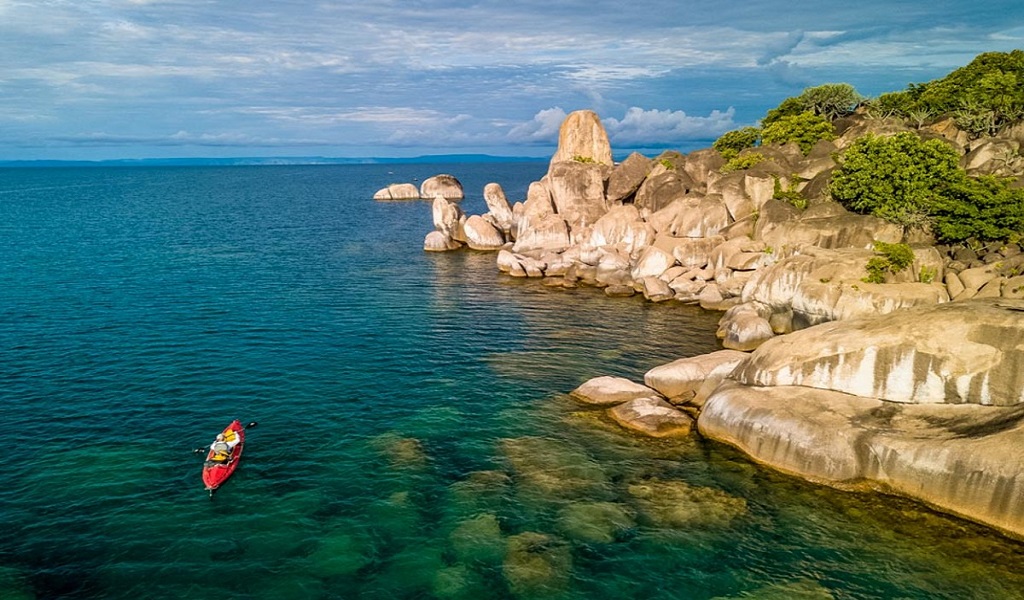
Lake Tanganyika, a breathtaking expanse of water nestled in the heart of East Africa, is more than just a scenic wonder. It’s a vital ecosystem, a cultural hub, and a crucial resource for millions of people. This remarkable lake, the second deepest in the world, holds a unique place on the African map, impacting both the natural world and human society.
A Geographic and Geological Marvel
Lake Tanganyika, stretching for over 670 kilometers (416 miles), is a testament to the Earth’s dynamic geological history. Its formation, dating back millions of years, is a story of tectonic plates, volcanic activity, and the slow, steady erosion of mountains. The lake’s immense depth, reaching a staggering 1,470 meters (4,823 feet) at its deepest point, is a consequence of the East African Rift Valley, a geological phenomenon that has shaped the continent’s landscape.
A Biodiversity Hotspot
The waters of Lake Tanganyika are teeming with life, making it one of the most biodiverse freshwater ecosystems on the planet. Its unique environment, with its remarkable depth and ancient origins, has fostered a rich tapestry of endemic species, many found nowhere else on Earth.
- Fish: Lake Tanganyika boasts over 200 species of fish, with a remarkable number being cichlids. These brightly colored fish, known for their complex social interactions and diverse feeding habits, have evolved to exploit every niche within the lake’s vast ecosystem.
- Mollusks: The lake’s depths are home to a variety of mollusks, including unique species of snails and clams. These creatures play a crucial role in the lake’s food web, contributing to the overall health of the ecosystem.
- Plankton: The lake’s microscopic life, including phytoplankton and zooplankton, forms the base of the food chain, supporting a complex web of life within its waters.
A Vital Resource for Communities
Lake Tanganyika is not just an ecological marvel; it’s also a vital resource for the surrounding communities. Millions of people depend on the lake for:
- Fishing: The lake’s abundant fish populations provide a crucial source of protein and income for local communities. Fishing is a major economic activity, supporting livelihoods and contributing to the regional economy.
- Drinking Water: The lake’s vast water reserves are a vital source of drinking water for communities along its shores.
- Transportation: The lake serves as a natural highway, connecting communities and facilitating trade along its shores.
Threats and Conservation
Despite its importance, Lake Tanganyika faces a number of threats, including:
- Pollution: Agricultural runoff, industrial waste, and sewage discharge pollute the lake’s waters, harming its delicate ecosystem and threatening the health of its inhabitants.
- Overfishing: Unsustainable fishing practices can deplete fish populations, disrupting the lake’s delicate balance and impacting the livelihoods of local communities.
- Climate Change: Rising temperatures and changes in rainfall patterns can disrupt the lake’s ecosystem, affecting its biodiversity and impacting its water levels.
Conservation efforts are crucial to protecting Lake Tanganyika and its invaluable resources. These efforts include:
- Sustainable fishing practices: Promoting responsible fishing methods, such as setting fishing quotas and establishing marine protected areas, can help ensure the long-term sustainability of fish populations.
- Pollution control: Implementing stricter regulations on industrial and agricultural waste discharge, as well as promoting sustainable waste management practices, can reduce pollution levels and safeguard the lake’s ecosystem.
- Community involvement: Engaging local communities in conservation efforts is essential. Providing education and promoting awareness about the importance of the lake can encourage responsible stewardship and ensure its protection for future generations.
FAQs about Lake Tanganyika
Q: What is the largest city on Lake Tanganyika?
A: The largest city on Lake Tanganyika is Bukoba, located in Tanzania.
Q: What countries border Lake Tanganyika?
A: Lake Tanganyika is bordered by four countries: Tanzania, Burundi, Democratic Republic of Congo, and Zambia.
Q: What are some of the unique species found in Lake Tanganyika?
A: Lake Tanganyika is home to a wide variety of unique species, including the Tanganyika cichlids, the Tanganyika snail, and the Tanganyika sardine.
Q: What are the main threats to Lake Tanganyika?
A: The main threats to Lake Tanganyika include pollution, overfishing, and climate change.
Tips for Visiting Lake Tanganyika
For those interested in experiencing this remarkable lake, here are some tips:
- Visit during the dry season: The dry season (May to October) offers the best weather conditions for exploring the lake and its surrounding areas.
- Explore the diverse landscapes: Lake Tanganyika boasts a variety of landscapes, from rugged mountains to lush forests. Take time to explore the different ecosystems and enjoy the diverse scenery.
- Experience the local culture: Immerse yourself in the rich culture of the communities living around the lake. Learn about their traditions, enjoy local cuisine, and engage with the local people.
- Respect the environment: Be mindful of your impact on the environment. Avoid littering, stay on designated trails, and respect the wildlife.
Conclusion
Lake Tanganyika is a remarkable natural wonder, a vibrant ecosystem, and a crucial resource for millions of people. Its unique biodiversity, its vital role in the lives of surrounding communities, and its ongoing challenges highlight the importance of conservation and responsible stewardship. By understanding the lake’s significance and working to protect it, we can ensure that this jewel in the heart of Africa continues to shine for generations to come.
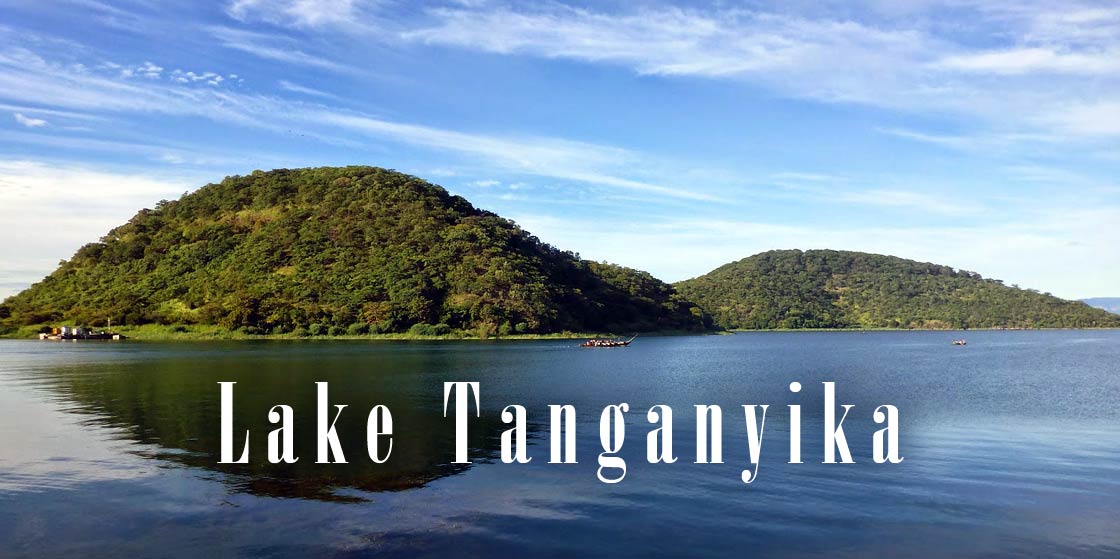
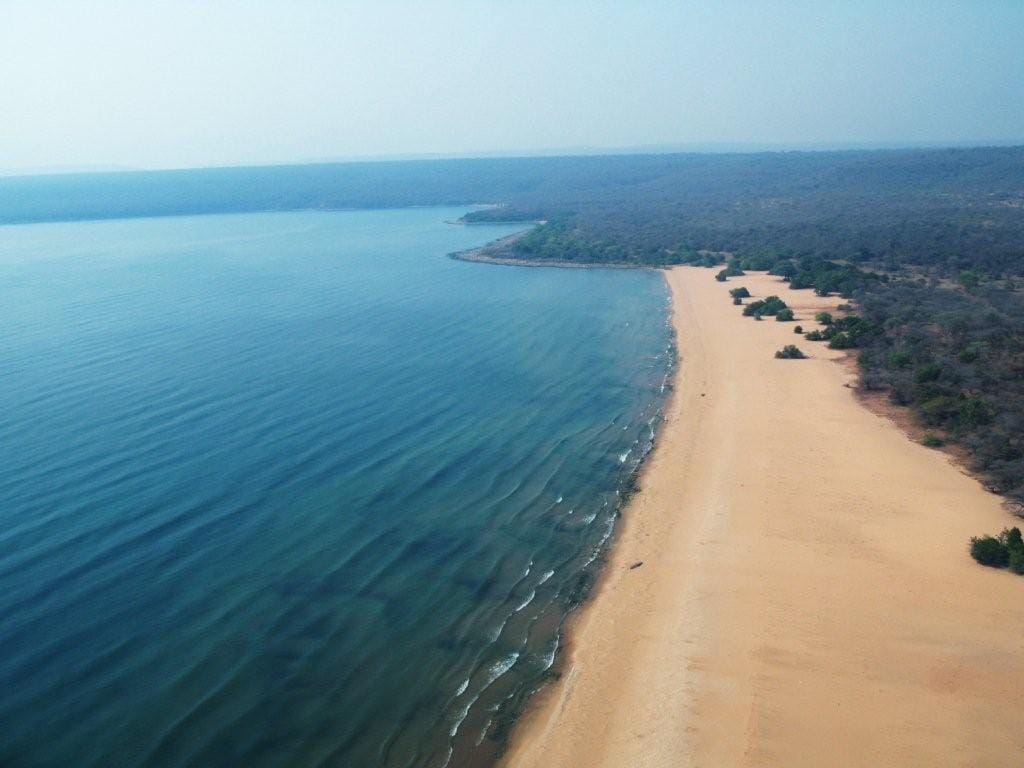
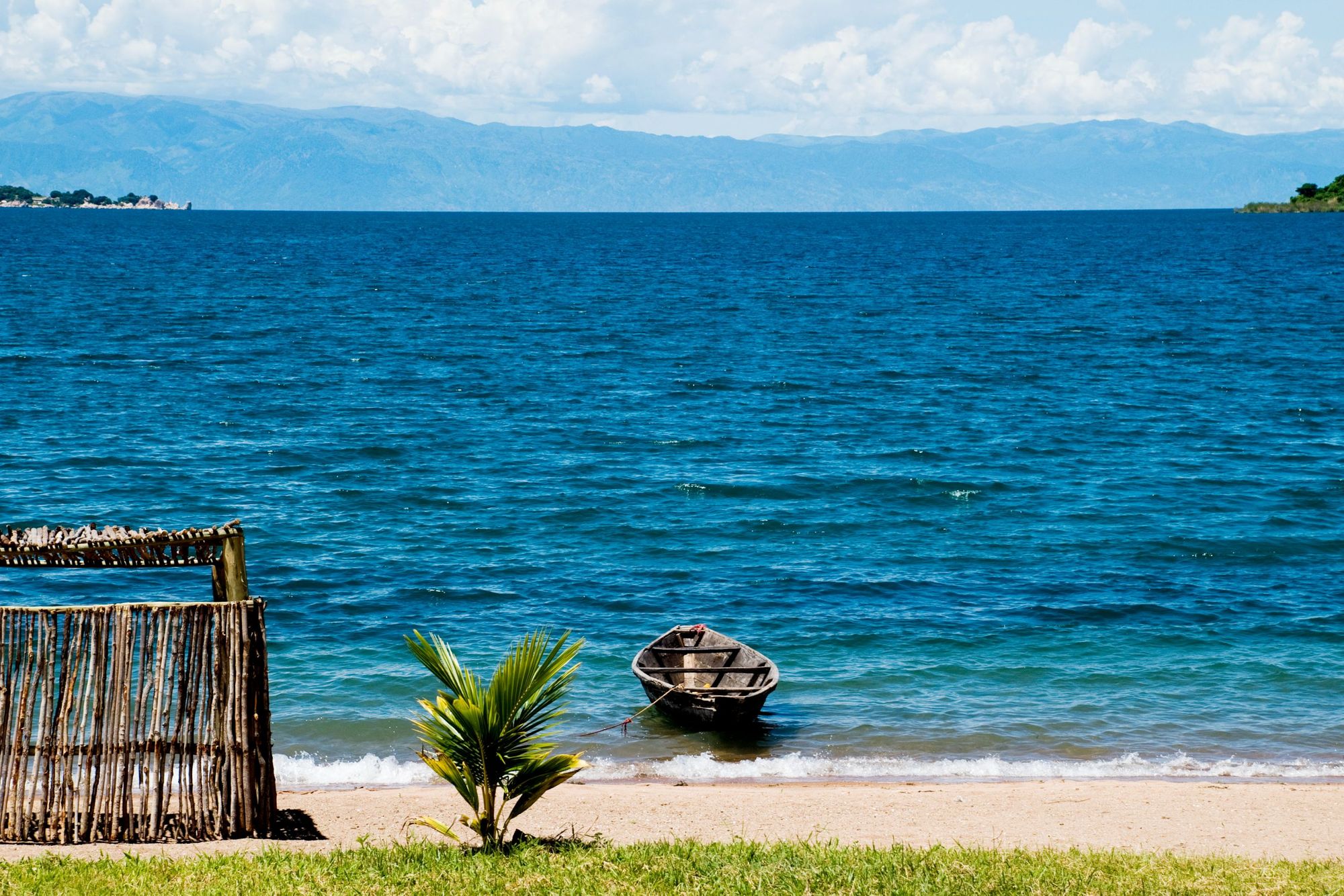
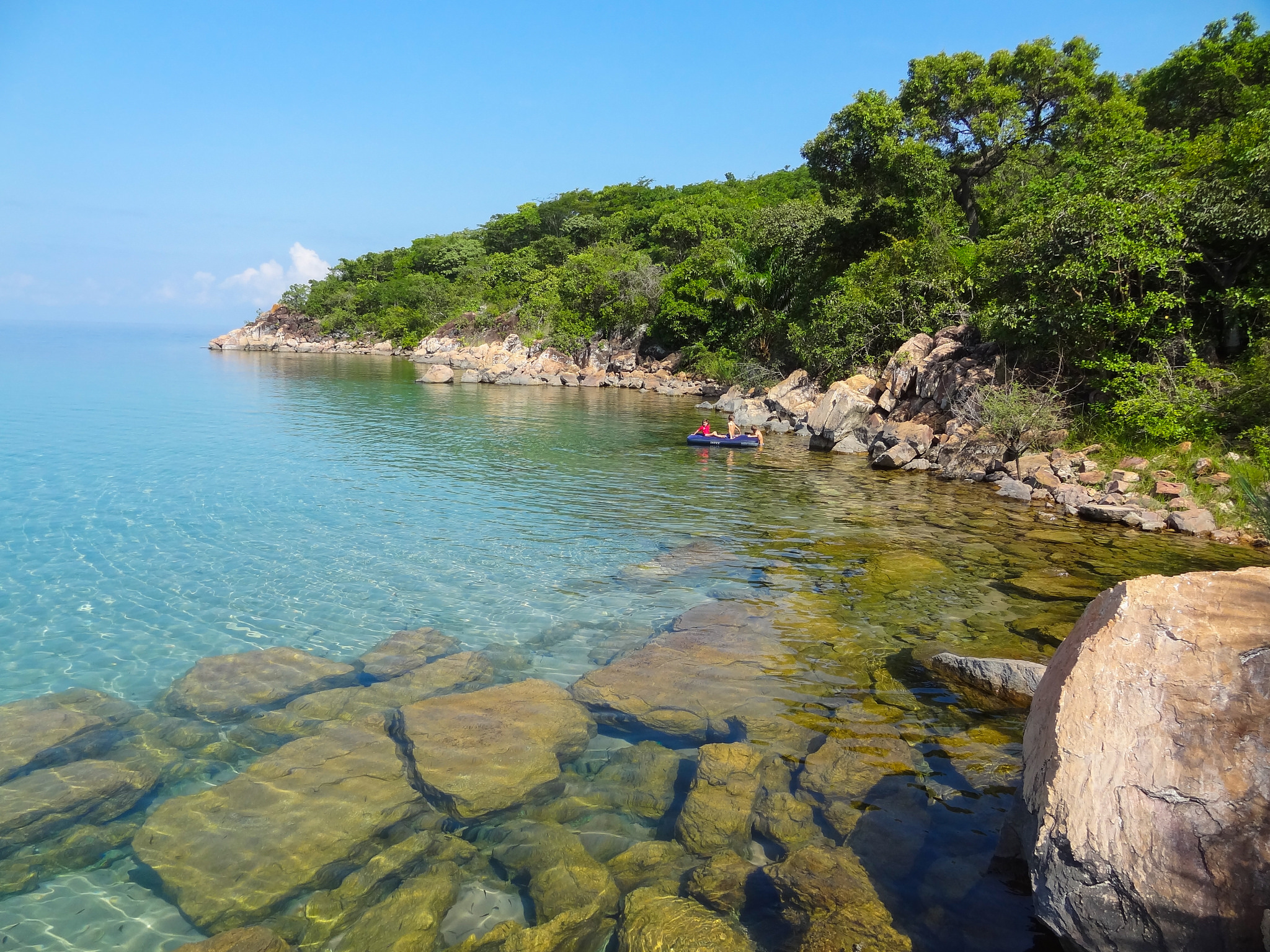
)
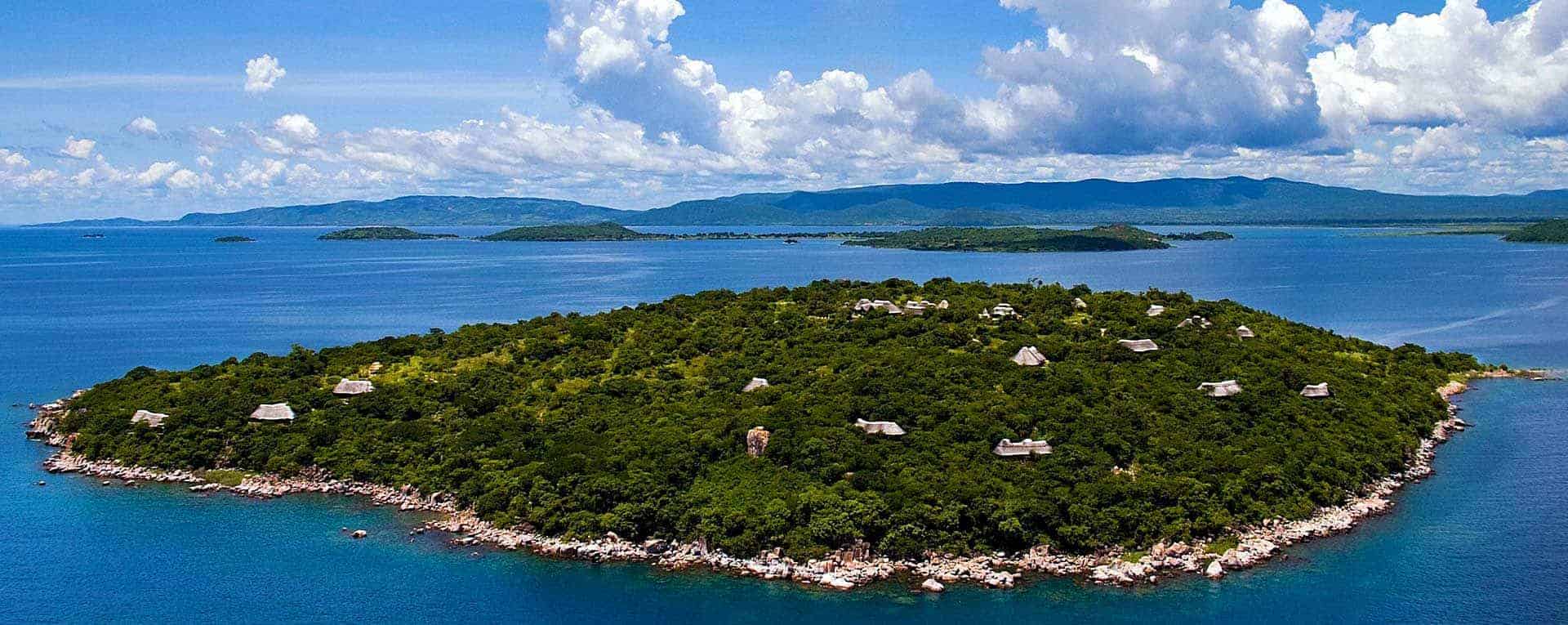
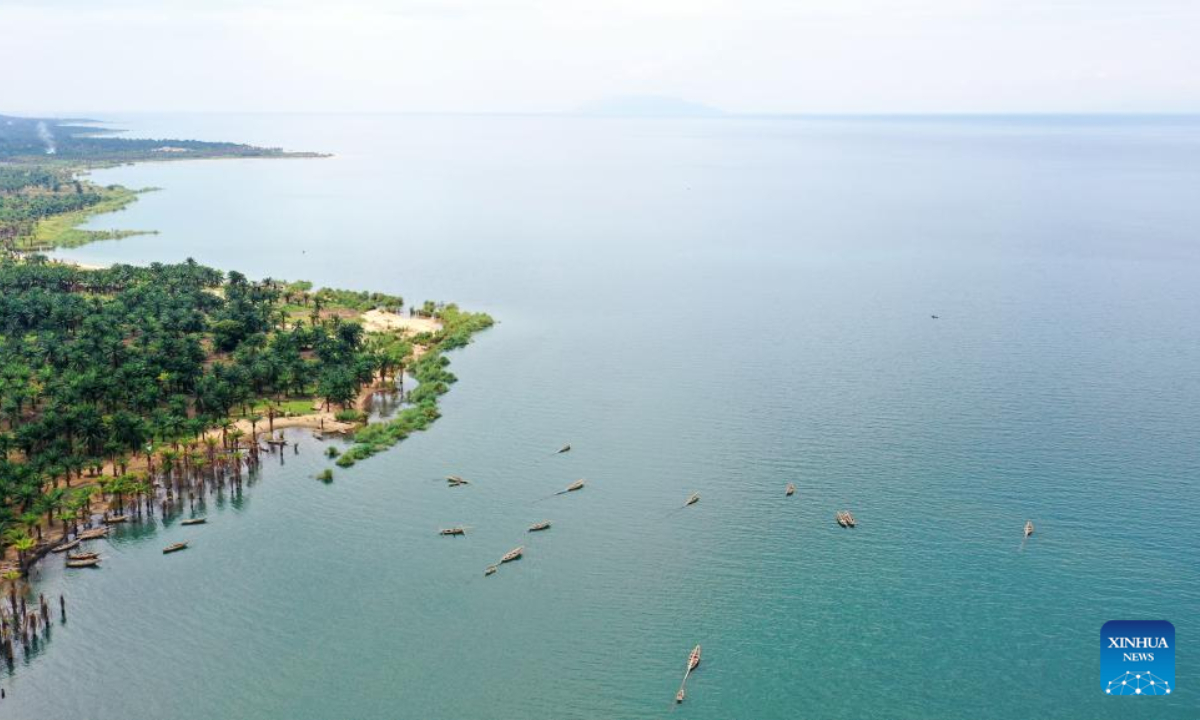
)
Closure
Thus, we hope this article has provided valuable insights into Lake Tanganyika: A Jewel in the Heart of Africa. We hope you find this article informative and beneficial. See you in our next article!
